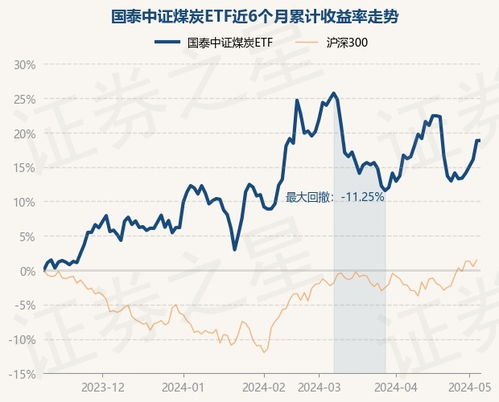理财英文翻译
Understanding the Banking Wealth Management Department
The banking wealth management department, also known as the bank's wealth management division, is responsible for assisting clients in managing their finances and investments to achieve their financial goals. It offers a range of products and services aimed at wealth creation, preservation, and inheritance for individuals, families, and institutions. The department is staffed with financial professionals and advisors who provide personalized guidance and recommendations tailored to the client's financial needs and risk tolerance.

Key Functions of the Banking Wealth Management Department:
1.
Investment Advisory Services:
The department offers investment advisory services, providing recommendations regarding investment opportunities, portfolio diversification, and risk management strategies.2.
Financial Planning:
Wealth managers assist clients in creating comprehensive financial plans that encompass goals such as retirement, education, and estate planning.3.
Wealth Protection:
Strategies for protecting and preserving wealth against market volatility, inflation, and unforeseen financial risks are provided.4.
Estate Planning:
Assistance in structuring the transfer of wealth to the next generation, minimizing taxes, and establishing legacy plans.5.
Risk Management:
Evaluation and management of investment risks and insurance needs to safeguard the client's financial wellbeing.Common Wealth Management Products and Services:
1.
Investment Products:
Stocks, bonds, mutual funds, exchangetraded funds (ETFs), and alternative investments.2.
Retirement Planning:
Individual Retirement Accounts (IRAs), 401(k) rollovers, annuities, and pension advisory services.3.
Wealth Transfer:
Trust and estate services including wills, trusts, and beneficiary designations.4.
Insurance Solutions:
Life insurance, longterm care insurance, and disability income insurance.5.
Tax Planning:
Strategies for taxefficient investment, gifting, and charitable giving.Role of a Wealth Manager:
A wealth manager serves as a client's primary point of contact within the bank's wealth management division, responsible for understanding the client's financial objectives, risk tolerance, and time horizon. They construct tailored investment portfolios and provide ongoing financial guidance and support. Additionally, they may collaborate with other professionals such as tax advisors, estate planners, and lawyers to ensure comprehensive wealth management.
Regulatory Considerations:
The banking wealth management department is subject to stringent regulatory oversight to ensure that client interests are protected. Compliance with laws and regulations such as the Investment Advisers Act and the Securities Act is essential to maintain the department's integrity and trustworthiness.
Conclusion:
The banking wealth management department serves as a critical resource for individuals, families, and institutions seeking to optimize their financial wellbeing, plan for the future, and preserve their wealth for generations to come. By offering a wide array of products and services and employing knowledgeable wealth managers, the department plays a pivotal role in helping clients achieve their financial goals.
If you have any specific questions about banking wealth management, feel free to ask!











